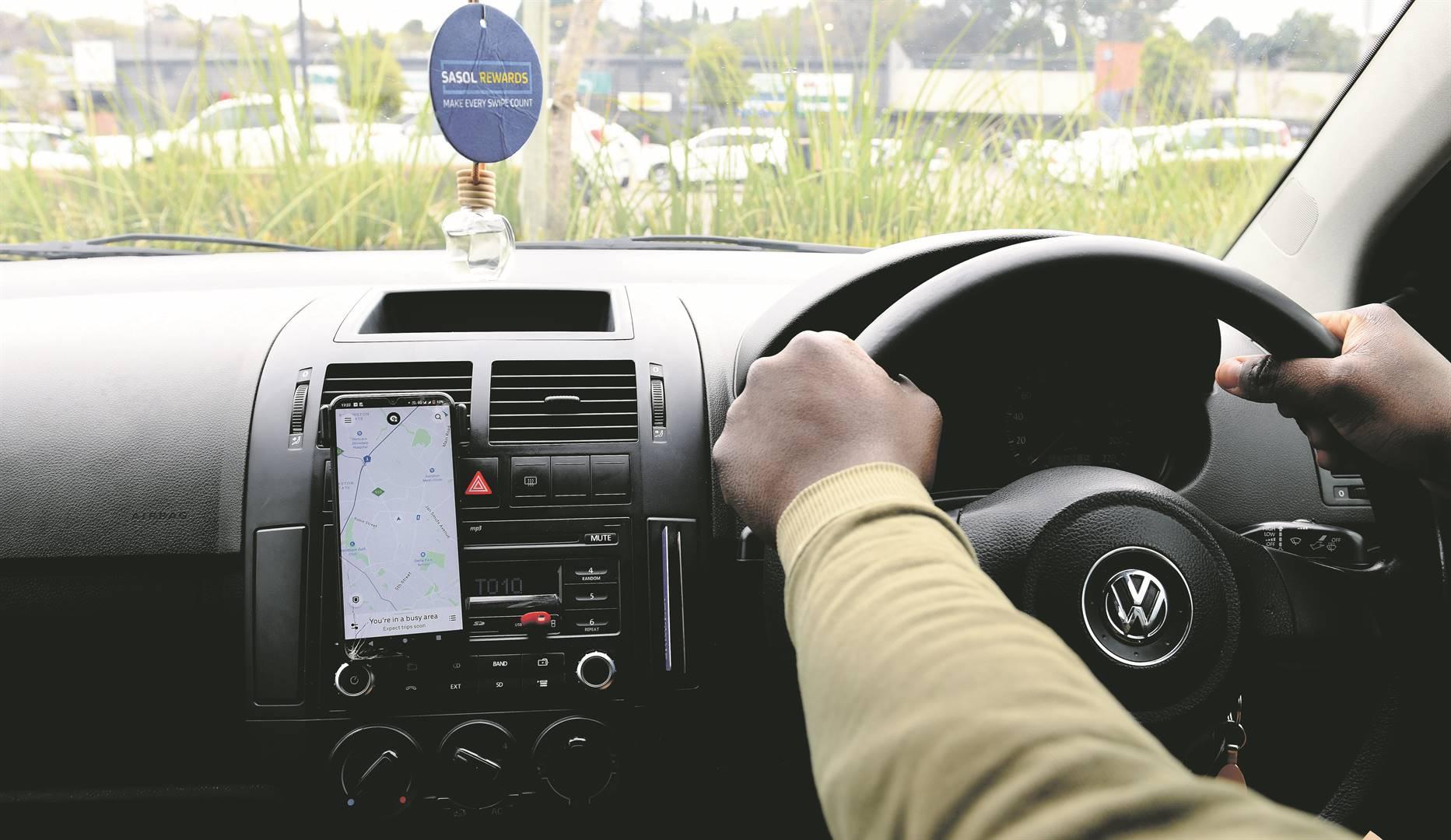Africa-Press – South-Africa. The Western Cape E-hailing Association (WCEA) and its drivers have raised concerns over an increase in women passengers offering sexual favours to drivers for trips they don’t have cash to pay for.
A video of an e-hailing driver recording a woman who didn’t have cash to pay for the trip has been circulating on social media since last week. In the video, that has had more than 140 000 views, the driver can be heard saying to the woman that he is recording her, because she told him he could touch her.
“I’m recording you for security reasons because you were saying I should touch you, of which this is wrong. People then say Uber drivers are wrong but it’s you guys who started,” the driver said.
The woman can be heard asking the driver to go to her house so she can charge her cellphone to transfer the money to him. The driver then refuses and says he will rather drop her off at the police station.
Uber SA head of communications Mpho Sebelebele said such incidents were not common on the Uber app.
“What has been described is shocking and regrettable and is in clear violation of our community guidelines. The incident that has been captured hasn’t been reported on the app by either the rider or the driver,” said Sebelebele.
“We take any incident of this nature very seriously and in safety-related incidents that are reported, we immediately restrict the rider’s access to the app. We encourage users to report any such incidents via our app to ensure that the matter is receiving the attention it requires, and timeously,” Sebelebele added.
However, deputy chairperson of WCEA Samy Bala said incidents of women offering sexual favours to pay for trips was nothing new.
Bala said:
He said Uber, particularly, would ask the driver for evidence to prove his innocence but with the passenger, it would just take the accusations.
“Drivers do not make enough profits to install CCTV cameras in our vehicles that can be used as evidence in [proving] the driver’s side of the story. Hence, the driver has no choice but to resort to desperate measures in sourcing evidence such as video or audio recording,” Bala said.
He said drivers had on several occasions called for local and national government intervention in regulating the industry.
“As the deputy chairperson (of WCEA), and as an e-hailing driver, I feel that situations like this are totally unacceptable towards the driver and, as a human being, I would advise any e-hailing driver on any e-hailing platform to proceed to the nearest police station to report this matter, as it is by law sexual harassment,” he said.
While Bala said he personally had never experienced such a situation, many e-hailing drivers had, but regarded it as “pointless to report it to the e-hailing companies because they do not act as dismissively as they do if the driver is accused”.
“Their commission (profit) and client support base are more important than [the] drivers’ well-being,” said Bala.
Country manager for Bolt in South Africa Takura Malaba said they had received reports from drivers about passengers refusing to pay for their trips, as well as female passengers offering sex as a form of payment.
However, he said, there had not been a spike in those incidents recently.
“Bolt condemns this behaviour towards e-hailing drivers very seriously, unwavering in our belief that every person has the right to earn a living and has the inherent right of dignity. Where an incident such as these occurs on our platform, we implore individuals to report such cases directly to us via app messaging,” said Malaba.
He said:
According to Bolt, cash trips are suspended after 18:00 for Comfort, Premium, Van and Women-Only categories, which were previously only available for card trips.
“After consultation with drivers, it was decided to have these categories accept cash between 06:00 and 18:00 in order to allow drivers more earning opportunities. Drivers still have the option to not accept any cash trips if they choose not to,” Malaba added.
Malaba said Bolt would continue to look for ways of offering its more than 40 000 drivers earning opportunities and providing a way for millions of people in South Africa to access affordable door-to-door transport.
For More News And Analysis About South-Africa Follow Africa-Press






